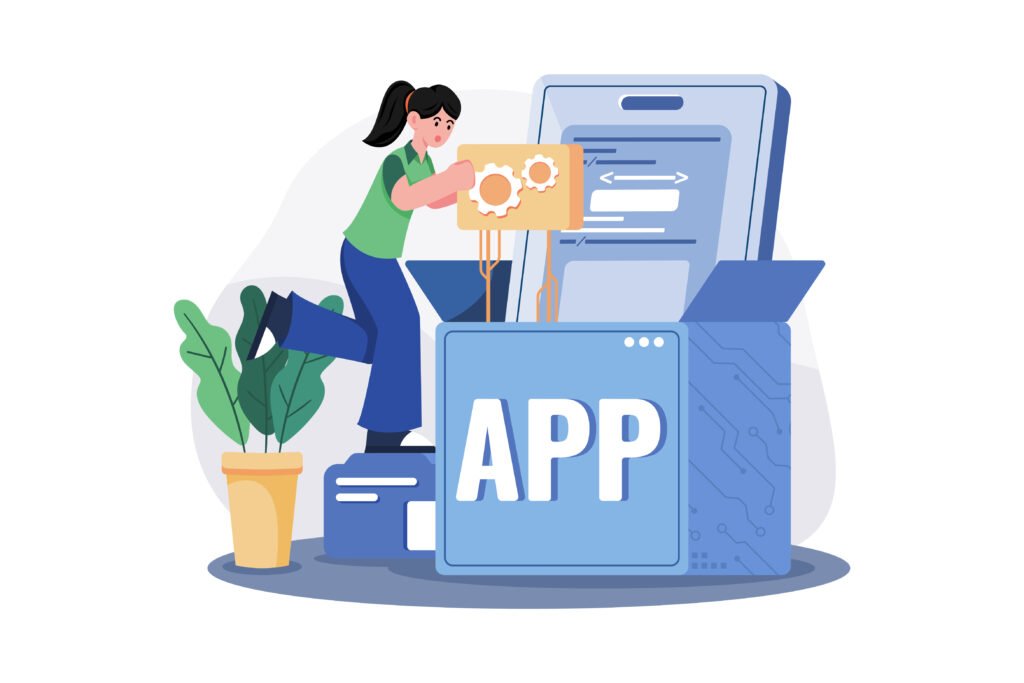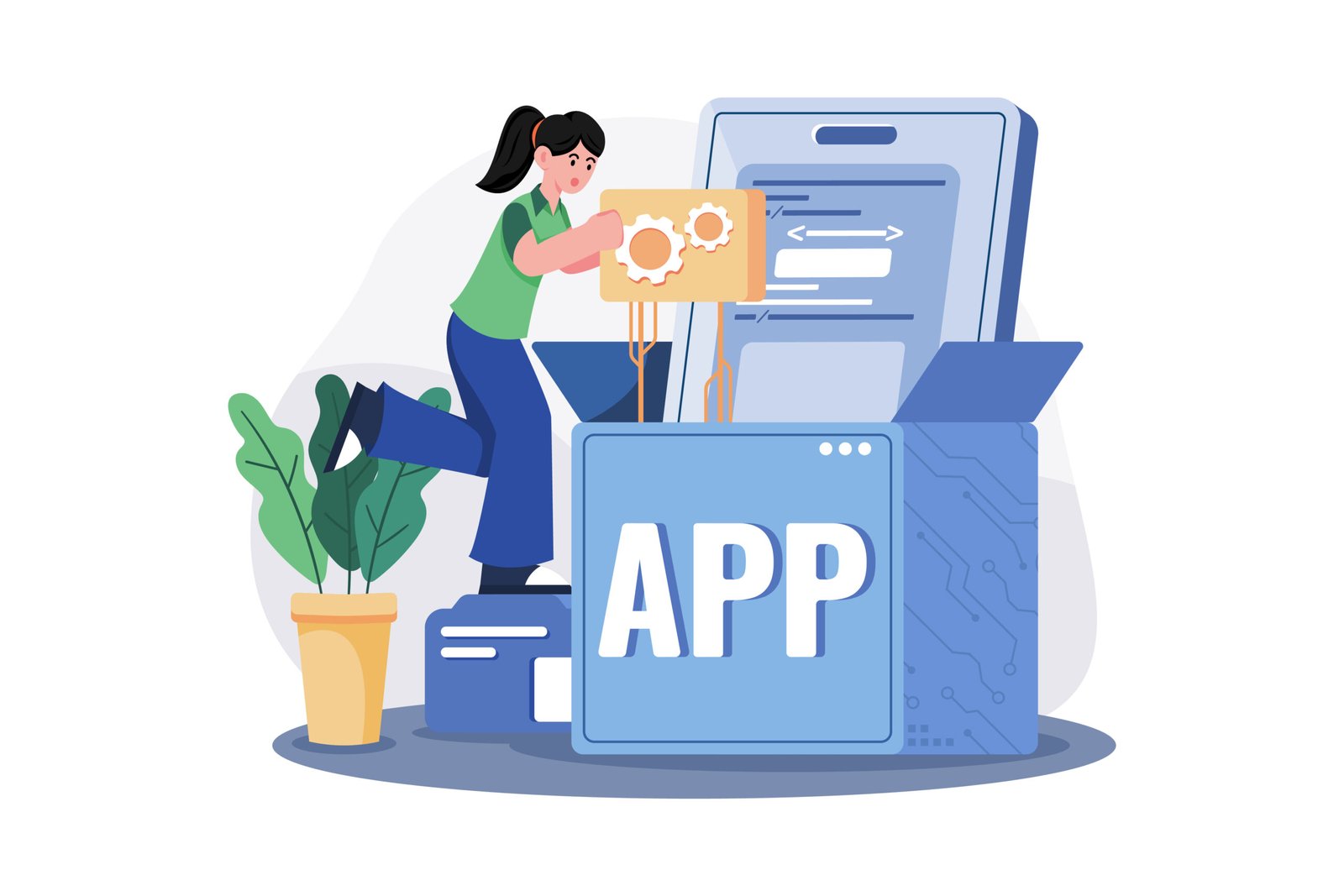How to Publish Your First Flutter App on Google Play and App Store
Flutter has made mobile app development easier by allowing developers to build apps for both Android and iOS using a single codebase. However, publishing your app on Google Play and the App Store can be a challenging process if you’re not familiar with the required steps. This guide will walk you through the entire process of preparing, building, and publishing your first Flutter app on both platforms.
Step 1: Prepare Your Flutter App for Release
Before publishing your app, ensure that it is optimized and ready for production. Here are some key steps:
- Remove Debugging Code: Ensure that debugging tools, such as
printstatements and debugging packages are removed. - Update App Information: Modify your app’s name, icon, and other details in the
pubspec.yamlfile. - Use a Unique Package Name: Ensure your app has a unique package name (Android) and bundle identifier (iOS).
- Generate an App Icon: Use Flutter Launcher Icons to create and apply app icons.
- Test Your App Thoroughly: Test your app on both Android and iOS devices to ensure it works seamlessly.
Step 2: Build the APK and App Bundle for Google Play
To publish your Flutter app on Google Play, you need to generate an Android App Bundle (AAB) or APK.
1. Update android/app/build.gradle
- Open
android/app/build.gradleand update theapplicationIdunderdefaultConfig. - Ensure
minSdkVersionis set to at least 19.
2. Generate a Keystore for Signing
Google Play requires apps to be signed before publishing.
Run the following command to create a Keystore:
keytool -genkey -v -keystore my-release-key.jks -keyalg RSA -keysize 2048 -validity 10000 -alias my-key-aliasMove the generated keystore file to android/app/ and update key.properties with the following:
storeFile=my-release-key.jks
storePassword=your_password
keyPassword=your_password
keyAlias=my-key-alias3. Build the Release APK/AAB
Run:
flutter build apk --releaseOR
flutter build appbundleThis will generate a signed APK or AAB for publishing.
How to Publish Your First Flutter App

Step 3: Publish on Google Play Store
- Create a Google Play Developer Account: Register at Google Play Console and pay a one-time fee of $25.
- Create a New App: In the Play Console, click on “Create app” and fill in the required details.
- Upload AAB File: Navigate to “Production” > “Create a new release” and upload your AAB.
- Fill in Store Listing Details: Provide the app’s title, description, screenshots, and category.
- Set Up Pricing & Distribution: Choose whether your app is free or paid and select the regions where it will be available.
- Submit for Review: Click “Publish” and wait for Google’s approval, which may take a few hours to a few days.
Step 4: Prepare Your Flutter App for iOS Release
1. Set Up Xcode and Apple Developer Account
- Install Xcode on your macOS system.
- Enroll in the Apple Developer Program
- Sign in to App Store Connect using your Apple ID.
2. Configure Your App for iOS
- Open
ios/Runner.xcodeprojin Xcode. - Set a unique Bundle Identifier (e.g.,
com.example.myapp). - Under Signing & Capabilities, enable “Automatically manage signing” and select your developer account.
3. Archive and Build the iOS App
In the terminal, run:
flutter build ios --releaseThen, open the project in Xcode:
open ios/Runner.xcworkspace- In Xcode, go to Product > Archive.
- Once the archive is complete, click Distribute App.
Step 5: Publish on the Apple App Store
- Create an App in App Store Connect: Navigate to App Store Connect and create a new app.
- Upload the IPA File: Use Transporter (available on macOS) to upload the
.ipafile. - Fill in App Information: Add app name, description, screenshots, and keywords.
- Set Up App Store Policies: Ensure your app follows Apple’s guidelines.
- Submit for Review: Click “Submit for Review” and wait for Apple’s approval, which can take a few days.
If you want to learn more about our another blog about why choose flutter for your next app, Click here..
Conclusion
Publishing your first Flutter app on Google Play and the App Store may seem complex, but following these steps will make the process smoother. Ensure your app meets platform guidelines and is fully optimized before submission. Once published, continue monitoring your app’s performance and update it regularly to enhance user experience. Happy coding!
